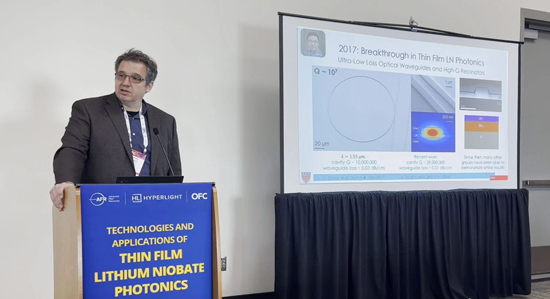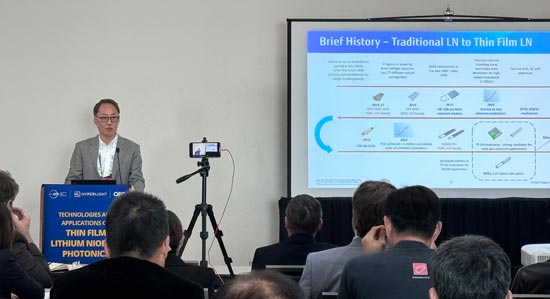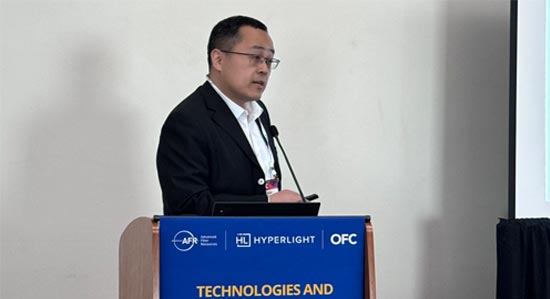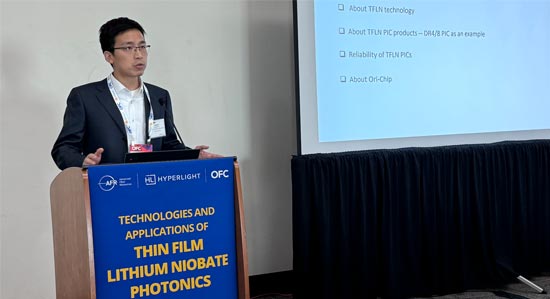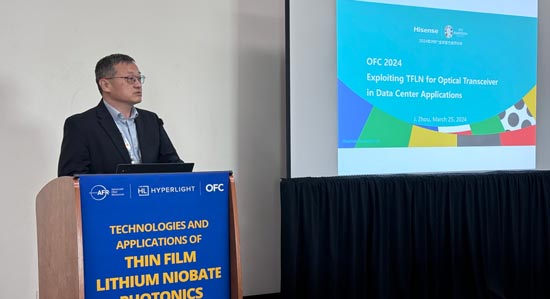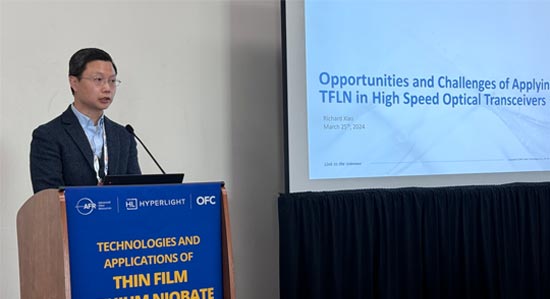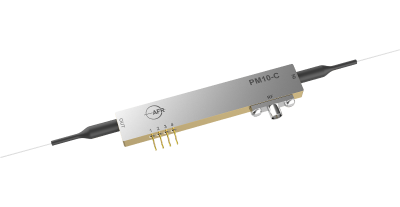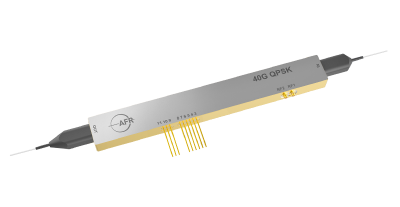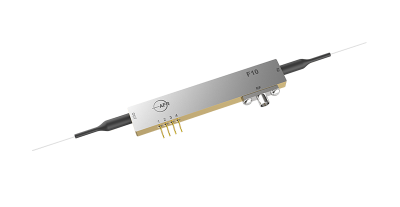March 25, 2024 - Dr. Marko Lončar participated in the forum, "Technologies and Applications of Thin Film Lithium Niobate Photonics," held by AFR and HyperLight, and delivered a speech titled "High Performance Integrated Photonics based on Thin Film Lithium Niobate (TFLN)."
About Marko Lončar and HyperLight
Marko Lončar is Tiantsai Lin Professor of Electrical Engineering at Harvard's John A Paulson School of Engineering and Applied Sciences (SEAS), and chair of Electrical Engineering area. Lončar received his Diploma from University of Belgrade (R. Serbia) in 1997, and PhD from Caltech in 2003, both in Electrical Engineering. After completing his postdoctoral studies at Harvard, he joined Harvard faculty in 2006. Lončar is expert in nanophotonics and nanofabrication, and his group has done pioneering work in the field of quantum and nonlinear nanophotonics. In particular, Lončar is recognized for his work on the development of diamond and thin film lithium niobate nanophotonic platforms. Lončar has co-authored more than 250 manuscripts in top scientific journals and has given more than 300 invited talks and seminars. He has received NSF CAREER Award in 2009, Sloan Fellowship in 2010, Marko Jarić Foundation Award in 2020, and Microoptics Conference Award in 2023. In recognition of his teaching activities, Lončar has been awarded Harvard University Levenson Prize for Excellence in Undergraduate Teaching (2012), and has been named Harvard College Professor in 2017. Lončar is Fellow of Optica and IEEE. He is co-founder of HyperLight Corporation (Cambridge, MA), VC backed startup commercializing lithium-niobate technology.
HyperLight was a spin-off of Harvard University with the mission to push the performance boundaries of TFLN integrated circuits for next-generation applications. As a leader in the commercialization of TFLN photonic integrated circuits, HyperLight delivers groundbreaking electro-optic and nonlinear optic solutions with innovative designs and scalable manufacturing processes.
Emergence of a Mature, Comprehensive, and Reliable TFLN Supply Chain
The optimistic outlook within the TFLN industry is attracting numerous technology companies, leading to the swift evolution of a comprehensive ecosystem. It is encouraging to note that an increasing number of technology enterprises and startups worldwide are converging onto this track, shaping the future of the industry collectively, covering materials, wafers, chips, modulators, and optical modules.
In the panel discussion, representatives from key players of the supply chain, including NanoLN in wafer manufacturing, AFR, HyperLight, Liobate, Ori-Chip, and FOC in chip production, Hisense and Linktel in transceivers, exchanged opinions about the prospect of TFLN, technology breakthroughs, and how to make it more ready for near future large volume applications.
As we observe together, the TFLN supply chain is steadily maturing, becoming more comprehensive and reliable over time. The growth and integration of each component signify a promising future for TFLN technology, establishing it as a pivotal player in the global technological landscape.




